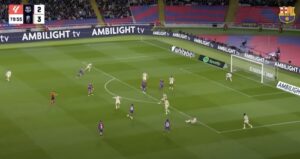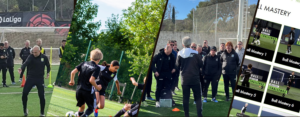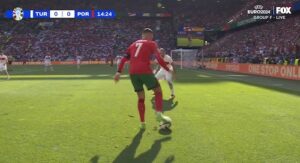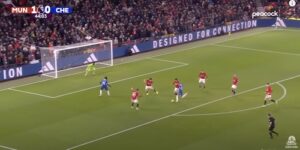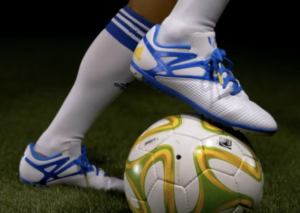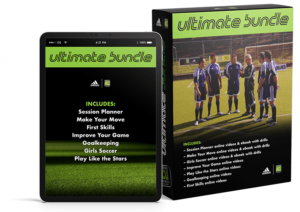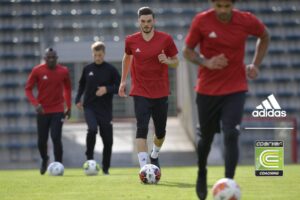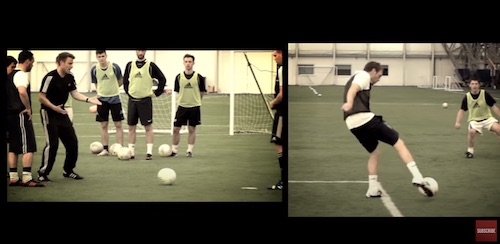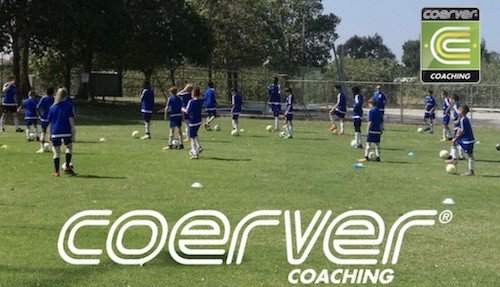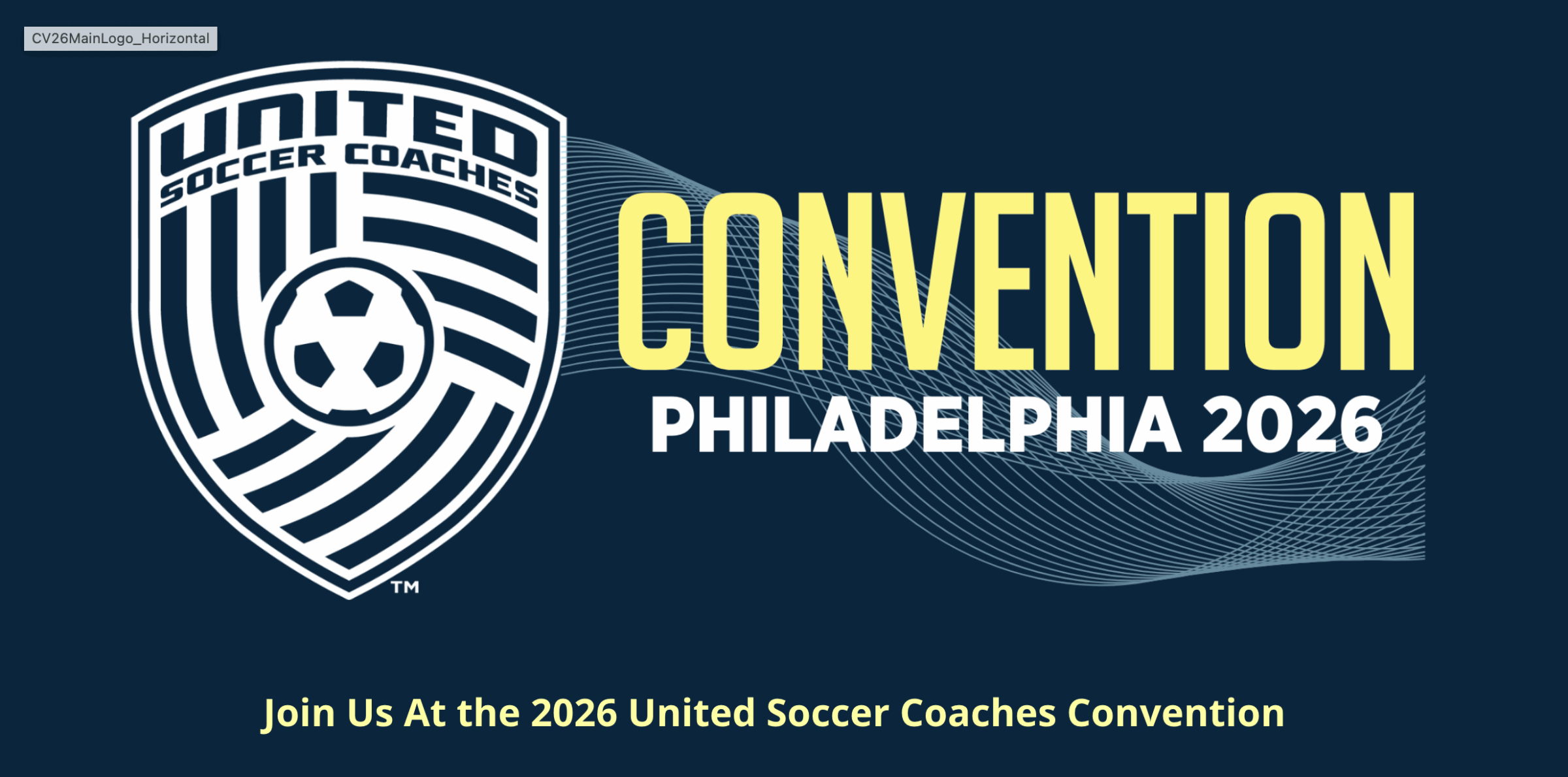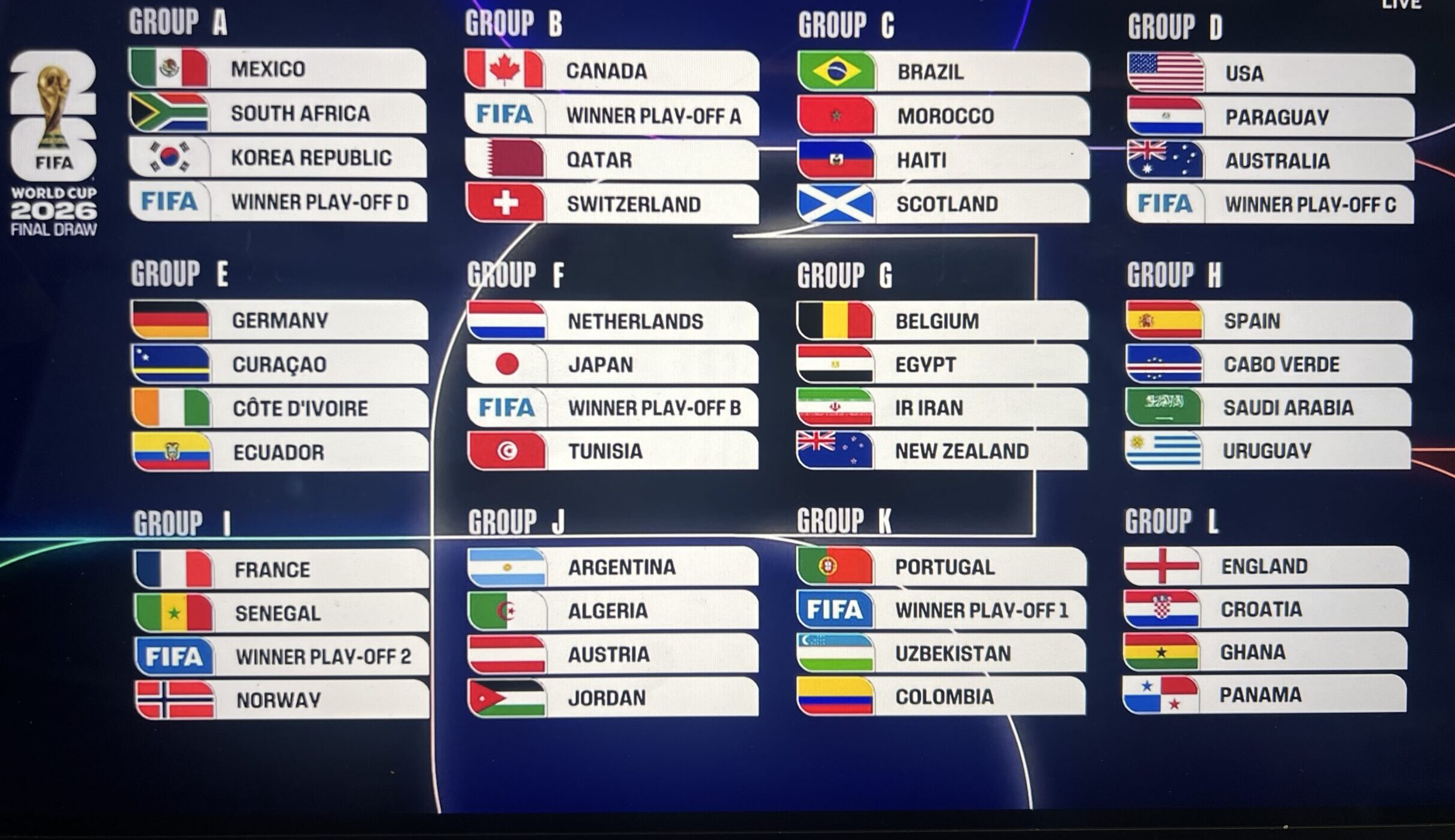Mental focus for soccer is crucial to say the least. So far, on this soccer website, we’ve reviewed how you can sharpen every tool in your body’s shed to optimize your proficiency as a soccer player. Whether it’s your heart, your stomach, your muscles, or your joints, they all need to be trained and cared for properly. Let’s now look at mental training and mental focus for soccer.
However, the most important tool your body has to offer is the one that brings it all together: your mind. Let’s focus on working on your focus on the soccer field! Mental focus is something all top players have developed and mastered. Mental training is almost as important as all the training you do on the soccer pitch!
What does mental training for soccer mean?
Just like with your muscles, you either use it or lose it. You need that brain of yours to tell everything else what to do and how to do it. Your skill, grace and coordination as a soccer player depend on having a solid mental focus. It needs glycogen, oxygen, and nutrients but it also needs exercise, believe it or not! Mental focus in soccer is something you can work on and improve, just like juggling or passing or shooting.
Mental focus for soccer key aspects:
If there’s a player who has a strong mental focus is Michael Bradley of the Toronto FC and the U.S. national team. In addition to applying your mind when you’re at soccer practice or in a soccer match, there are many different ways you can train your brain:
Goals and visualization. Mental goals are just as important as the goals you want to score. Set goals for yourself. Write them down and make them clear. Every day, when you get up in the morning, think about your goals and what you’re going to do today to take one step closer to achieving them. Picture what you want to accomplish down to the last detail; use all of your senses to envision your goal. Whether it’s getting the ball past a goalkeeper or running for 40 minutes straight, painting the picture in your mind will help you get there in reality.
But you also need to put the work in during and after training. And it’s important to get specific with your goals. Toronto FC midfielder Michael Bradley worked on specific things after practice to make sure he would achieve his goals and get better.
“Changing the point of attack, driving balls from distance, situational free kicks, handling heavy passes from a teammate,” Valentin said of the Michael Bradley’s post-soccer practice regimen. “Those are things that most players don’t even think about doing for their extra work. And he always had to end on a perfect strike or a perfect set of touches.” (MLS Soccer)
Yoga. Despite what you might think, yoga is not just for new age or hippie types or non-athletes; see Roy Keane. Yes, that Roy Kenae, the one who isn’t afraid of getting stuck in on the tackle. Yoga is a beautiful practice that gives you peace of mind and strengthens your body, helps move blood and oxygen to parts of your body that might be missing out due to your lifestyle, and helps with flexibility, strength, posture and digestion (ridding the body of toxins). Find your local yoga school or instructor and give it a genuine try.
Meditation. Concentrate on just breathing in, taking deep breaths from your diaphragm, and then exhale slowly. Choose a quiet, relaxing place to sit. As you get more comfortable, close your eyes. Perhaps you want some music on in the background. Sit with your back straight to enhance the movement of your breath. Allow thoughts to enter and exit your mind and maintain focus on your breathing to reach a relaxed state. La Galaxy forward Landon Donovan practices meditation and says that he went to a therapist to help him understand himself better – and it all helped his game.
“I play best when I’m happy inside. And that comes from me working on myself,” Donovan says. “When I take care of myself emotionally and physically, I perform better. So success isn’t an accident.
“This is the last great possibility in sports. If we can mentally and emotionally, as athletes, get to a better place, the sky’s the limit. I see so many athletes that I know are not performing at their highest level because they’re not aware of what kind of person they are. And they would perform a lot better if they maybe just saw a therapist or talked to somebody about what’s going on.” (LA Times)
Focus during a game. Focus on your play and not what might be going on around you. Just let that pass you by and maintain concentration on your goals. Also, don’t get angry at the referee or another teammate—if you do, let it pass quickly and set your sights on the game. Maintain your focus on winning the ball or making the next pass or scoring a goal.
PERSPECTIVE: Do pre-game nerves get to Ronaldinho? “No, never,” he says. “I’m more attentive than nervous. And having the tension you need to have, knowing who you’re playing against, their characteristics – those things occupy me more.”
Acupuncture. Chinese medical theory holds that acupuncture works by normalizing the free flow of qi (a difficult-to-translate concept that pervades Chinese philosophy and is commonly translated as “vital energy”) throughout the body. Pain or illnesses are treated by attempting to remedy local or systemic accumulations or deficiencies of qi. Pain is considered to indicate blockage or stagnation of the flow of qi, and an axiom of the medical literature of acupuncture is “no pain, no blockage; no blockage, no pain.”
Positive thinking. Don’t focus on the negative. Strive for perfection but realize that we all make mistakes. Even the best soccer players in the world have bad days or miss wide open chances for goals. What you can do is pat yourself on the back for having read this guide, and start applying everything you’ve learned ASAP. As long as you keep moving forward and training to be the best soccer player you could ever be, you’ll always get the most out of the game.
West Bromwich Albion’s peak performance coach, Tom Bates, opens our players’ minds to the power of positive thinking.
Stay on point at all times with this workout from Reading FC’s Lead Academy Sport Scientist, Ollie Harrington. How to improve your mental focus and reaction time.
Learn more about mental training for soccer at the pages below:

